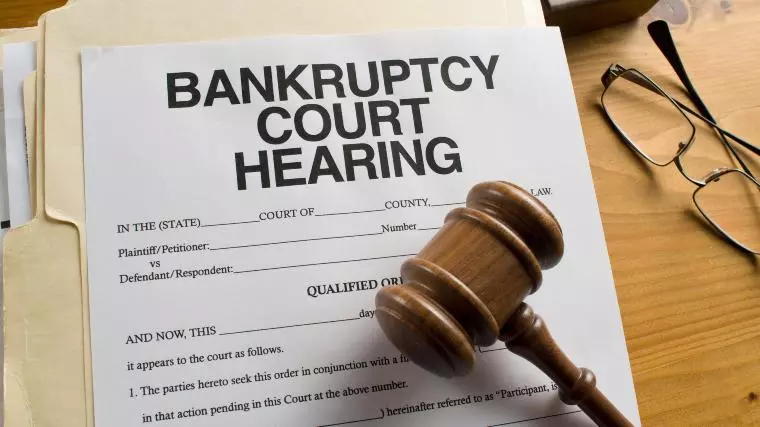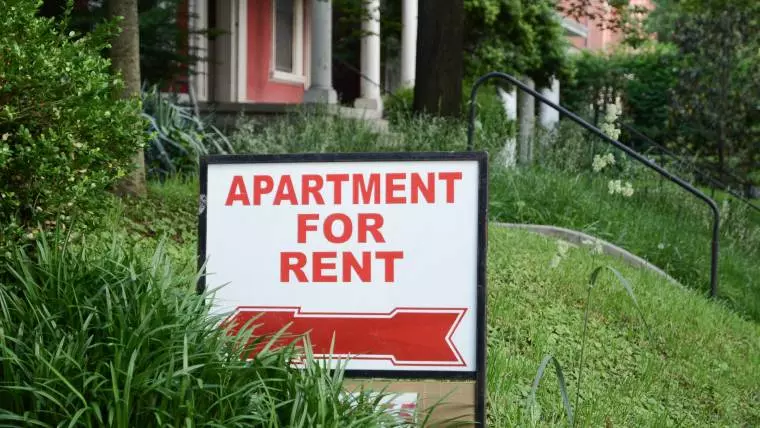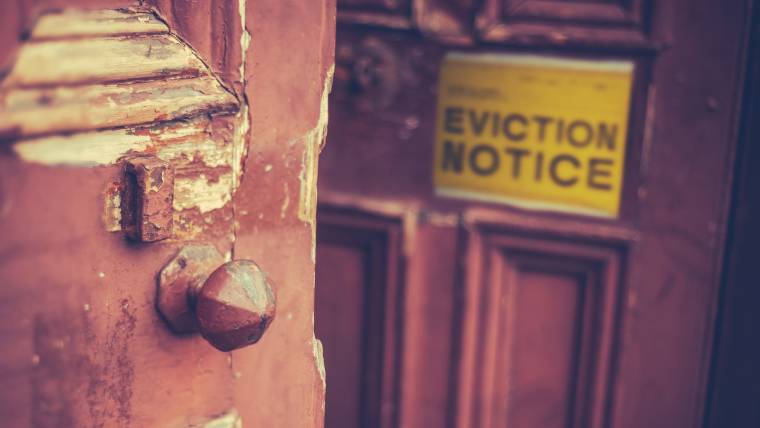
What Happens When You File for Bankruptcy?
The following is presented for informational purposes and is not intended as legal advice.
Filing for bankruptcy may be a last resort, but it could also be the best option when you’re overwhelmed. Bankruptcy can pause foreclosure or collection proceedings, discharge eligible debts, and get you on a more manageable payment plan with your creditors.
Bankruptcy is a legal process that takes place in federal courts. While you can file pro se, meaning on your own, bankruptcy can be a complicated process, and hiring a bankruptcy attorney is often a good idea. If you can’t afford an attorney, you may be able to find free legal representation through a local legal clinic or aid society.
If you’re considering bankruptcy, you may want to start by learning more about the bankruptcy process and what happens before, during, and after you file.
FIRST, GET A BANKRUPTCY A PRE-FILING CERTIFICATE
Individuals (opposed to companies or municipalities) generally file for Chapter 7 or Chapter 13 bankruptcy.
A Chapter 7 bankruptcy, also called a liquidation bankruptcy, can wipe out eligible unsecured debts, such as credit card or medical debt. However, a court-appointed trustee can take your nonexempt property, sell it, and use the proceeds to repay your creditors.
A Chapter 13 bankruptcy, also called a wage earners plan or reorganization bankruptcy, is for those who have sufficient assets or income to make payments to their creditors. The court won’t sell your property, but you’ll be given a new (often three- to five-year) repayment plan and have to continue repaying your creditors. Eligible remaining debt will be discharged at the end.
Some debts generally don’t get discharged in a bankruptcy (Chapter 7 or 13), such as student loans, child support, alimony, and certain taxes.
For either type, you’ll need to sign up for and complete a pre-filing credit counseling course with a qualified agency, such as Money Management International. Many agencies, including MMI, offer the counseling over the phone.
During the pre-filing counseling season, you’ll go over your finances with a credit counselor who will assess your situation and help determine if bankruptcy is the best option. By the end, you’ll have detailed and personalized financial plans and goals. You’ll also receive a certificate, which you’ll need to file your bankruptcy case. If you wait more than 180 days, you’ll need to take the course again.
PREPARE AND FILE YOUR BANKRUPTCY CASE
You can now file for bankruptcy, but first, you’ll need to fill out the paperwork—and there are a lot of bankruptcy forms to complete. Expect to fill out several dozen pages, but the specifics can vary depending on whether you’re filing for Chapter 7 or 13, and if your local court requires any additional forms. You can ask your attorney or local bankruptcy court clerk about the requirements.
You, or your attorney, will then need to file the forms with the court to start your case. You may also need to pay a filing fee, although Chapter 7 filers may qualify for a waiver if their household income is below 150 percent the official poverty line and submit Form 103B, the Application to Have the Chapter 7 Filing Fee Waived.
Once you file your case, it can also appear in public records and may wind up on your credit reports.
AN AUTOMATIC STAY GOES INTO PLACE
Once you file your first bankruptcy case, an automatic stay will generally (but not always) go into place. A stay doesn’t mean the debts are forgiven, but your current creditors may have to stop their collection activities. In other words, you may stop getting phone calls or collection letters, and you may be able to delay a repossession or foreclosure.
MEET WITH THE TRUSTEE AND YOUR CREDITORS
You’ll meet with the court-appointed trustee and your creditors at a 341 hearing, or the “meeting of the creditors” to discuss your finances and the case. Although, in practice, your creditors’ representatives won’t necessarily come to the meeting.
The trustee may request additional documents, such as a recent tax return, bank statements, and pay stubs, to prepare for the meeting. They will also have copies of your bankruptcy forms.
Meeting may only last about 10 minutes, during which you’ll have to answer the trustee’s questions while under oath. The questions are often fairly straightforward and about your finances, your bankruptcy case, and whether you reviewed and understood everything.
COMMUNICATE WITH YOUR CREDITORS
Your creditors may make claims about how much you owe them or try to get a lien, and you’ll want to review the claims and file objections if you feel something is amiss.
Then, with a Chapter 13, you’ll proceed with the three- to five-year repayment plan. You may be able to reduce how much you owe on secured debts. However, you’ll need to make regular payments (sometimes in addition to your Chapter 13 payments) to keep the collateral—such as your car or home. You may also need to occasionally submit reports or statements during the repayment period.
With a Chapter 7, the trustee can collect and sell your nonexempt possessions. While the debt you owe on a secured loan might be discharged in the bankruptcy, that won’t prevent the creditor from taking the collateral. Depending on their value and your exemption limits, you may have to continue making your monthly payments or pay off the loan altogether to keep the property.
COMPLETE THE DEBTOR EDUCATION COURSE
You’ll need to complete a second course, the pre-discharge education course, before you can get your eligible debts discharged. Don’t forget to file the certification of completion within 60 days of the 341 hearing for a Chapter 7 bankruptcy, or before your final payment from a Chapter 13 bankruptcy payment plan.
The second course often takes about two hours to complete, followed by a test. MMI also offers this service 8am-5pm (CT) M-F via phone: 866.745.2227.
THE COURT DISCHARGES YOUR DEBT
Overall, the Chapter 7 bankruptcy process can take about three to five months, while a Chapter 13 takes longer as you’ll follow through with your payments for years. In either case, if all goes as planned, all your eligible debts (or remaining eligible debt, with a Chapter 13) will be discharged, the automatic stay goes away, and your case is closed.
WILL BANKRUPTCY AFFECT MY CREDIT SCORE?
If you’re concerned about your ability to rebound financially, it’s important to know that filing bankruptcy will have a negative impact on your credit score. Of course, falling behind on your debts and missing payments will also have a negative impact, so if a bankruptcy feels unavoidable, the credit impact probably shouldn’t be your top concern.
If you do end up filing for bankruptcy, your credit report will be updated to include a notation for the bankruptcy itself, while the discharged accounts will also be noted as having been included in a bankruptcy. The impact on your score will vary, but a “good” score will like drop to a “fair” score, while a “fair” score would likely drop to a “poor” score.
As with all credit information, the bankruptcy will eventually fall off your report, with a Chapter 13 falling off after the standard seven years, and a Chapter 7 falling off after a ten years.
WILL I LOSE MY PROPERTY AFTER DECLARING BANKRUPTCY?
Bankruptcy is intended to be a financial life raft of sorts, allowing consumers deep in debt to hold onto their essentials. No form of bankruptcy will cost you your home. However, in Chapter 7, nonexempt property will be sold off in order to repay your creditors. That means that you may end up losing non-residential or recreational property (vacation homes, rental property, boats, etc.). If you’re concerned about losing any property, you may be better off attempting to file for Chapter 13.


